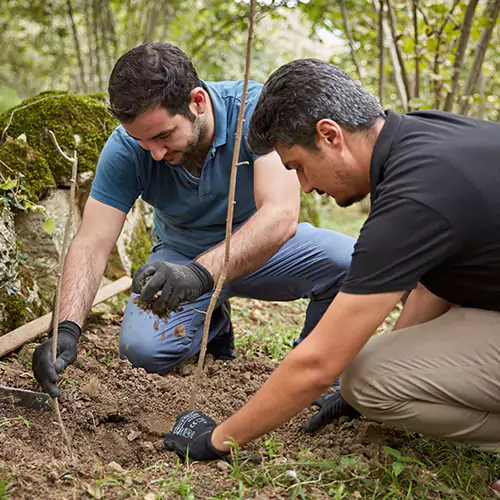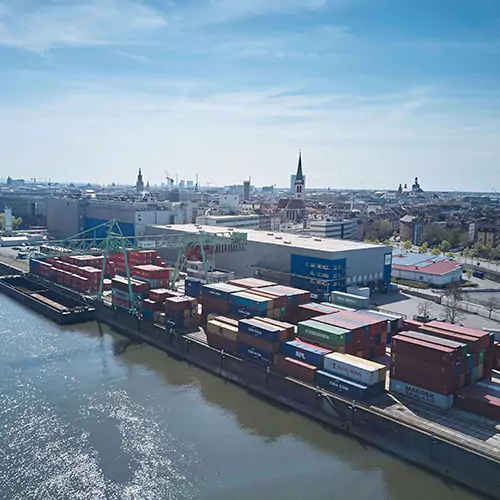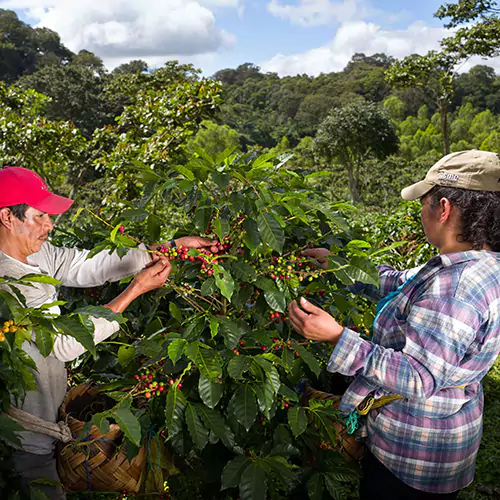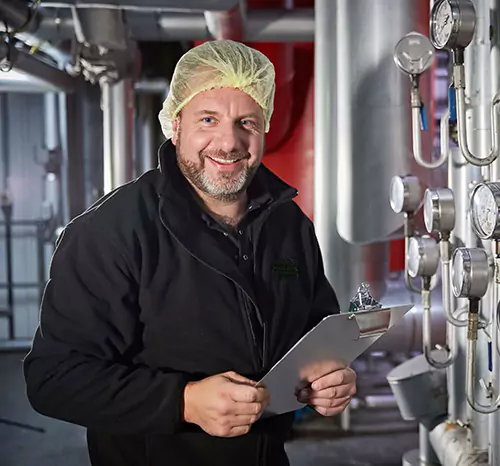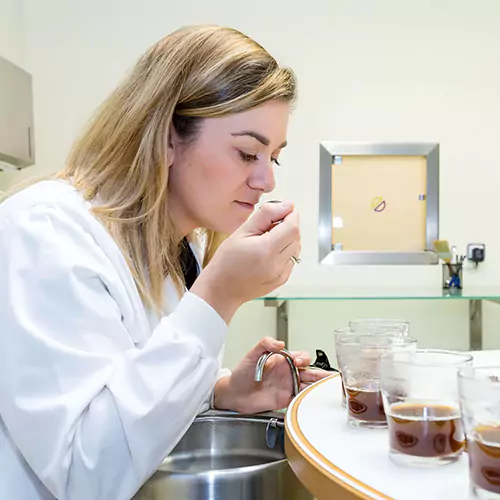Career Streams
Strong supply chain management is fundamental to what we do. We’ve built an unparalleled network of farmers and cooperatives, and our skills in logistics and risk management help us secure supplies and deliver them to our customers with incredible reliability. We add even more value with tech that improves product traceability and sustainability.
The world of international trading is fast-paced and exciting. Our expertise is supported with rigorous research and analysis honed by quantitative tools and techniques to offer unique industry insight. Our traders analyze this proprietary information on supply and demand to give us the edge and make superior trading calls.
Our Finance team has an ambitious vision and transformation agenda. Ensuring predictable outcomes and standardized, efficient and scalable processes if of course critical. But the team also plays a vital role working with our business leaders to strategize and maximize value through innovative financing structures and other special projects.
We grow a range of crops and share learnings from one to another, driving efficiencies for us and our customers. We understand the pressures of farming and work on the ground with small scale producers to increase volumes. We stimulate opportunity with communities local to our operations through smallholder “outgrower” programs.
Our network of over 100 processing and manufacturing plants spreads across Asia Pacific, Africa, Europe, Middle East and the Americas. The team is responsible for health, safety, quality, and food safety, ensuring we comply with all local laws and meet our environmental, social and ethical standards, as well as identifying efficiencies and opportunities.
We deliver transformation through cutting edge technologies. We develop systems and platforms which improve our business and make us desirable to work with as a customer, partner, or employer. These include drone image analytics, digital procurements, paperless trading, traceability mapping, as well as day to day connectivity.
Read ofi news
By Andrew Brooks, Head of Cocoa Sustainability, olam food ingredients (ofi)
This week, the world’s attention turns to a heavy burden that can damage a child’s Health and Education: child labour. In ofi's cocoa business, we are focused on solving this problem every day.
Most child labour in cocoa relates to children carrying out hazardous tasks on the family farm, distinct from the much rarer issue of forced labour, and has no one cause. Labour laws can be misunderstood, and schools might be located far away. Even if there is a school nearby, children may not have the documents they need to enrol. When combined with rural poverty, many parents think their child’s time is best spent helping on the farm. And now, these cocoa-growing communities are also battling a global health pandemic.
We’re working to tackle each of these challenges in turn. Under our Cocoa Compass sustainability ambition, we aim to completely eradicate child labour from our direct supply chain by 2030 and ensure farmers’ children can access the education they are entitled to. In 2020, we reached the critical milestone of rolling out child labour monitoring across 183,000 households in nine countries.
There is still a lot to do, and collaboration with our customers, national governments, and civil society is essential. For example, we recently asked the Fair Labor Association (FLA) to assess the extent to which cocoa farmers and their families have benefited from our sustainability programmes in Côte d’Ivoire, their perception and satisfaction with these interventions, and help to refine our approach further.
Using a due diligence methodology called Social Impact Assessment, the FLA collected extensive data and interviewed over 450 people from ten cocoa communities, including women and children. It found that of all our efforts to tackle child labour, the setting up of child labour monitoring and remediation and enabling access to education are the most advanced and have the most significant impact.
It also revealed that over two-thirds of those interviewed think child labour is on the decline in their community, and 80% believe that the interventions by ofi and our partners are contributing to protecting children.
There are areas for improvement. The FLA suggested we provide additional support to help farmers access affordable labour. And ensure greater follow-up with Village Savings and Loans Associations to maximise their ability to promote child protection.
We know that combining our efforts through multi-stakeholder partnerships, championed by local and regional governments, and supported by international finance institutions, is the best way to create the kind of long-term systemic change needed to reach universal school attendance
and graduation for children in cocoa communities.
This World Day Against Child Labour reminds us that if we want to put children first in cocoa, we must be open to testing new approaches and adapting our efforts based on what works best. The future of a cocoa generation is at stake if we don’t.


